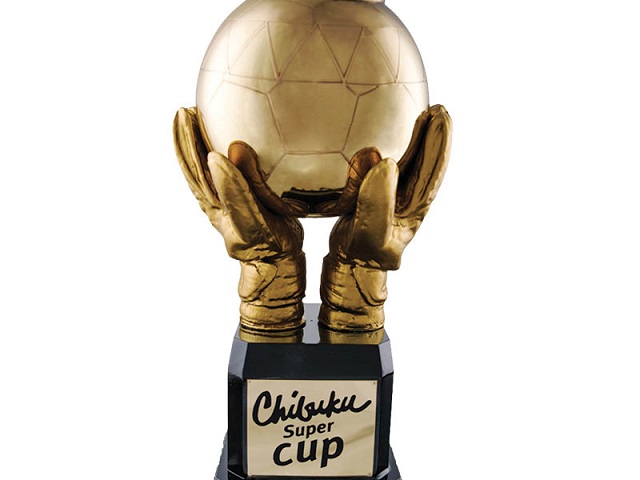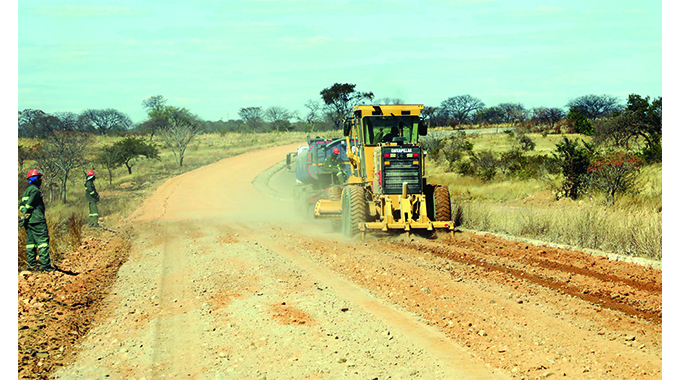We’re ready to return: coaches

Ricky Zililo, Senior Sports Reporter
PREMIER Soccer League (PSL) coaches are elated with the resumption of football, saying they are ready to roll and their players only need at least a week of training to prepare for competitive games.
The Government gave permission for completion of the Chibuku Super Cup, which had been thrown into disarray when sporting activities were banned last week due to a rise in Covid-19 cases.
Lifting of the ban is a welcome relief for domestic football, which had just completed the first-round of Chibuku Super cup matches being played at four centres in the country.
The PSL has remodelled the Chibuku Super Cup format, moving away from the traditional knockout tournament to a mini-league competition in a bid to allow for the smooth transition of football following a lengthy layoff.
Ngezi Platinum Stars coach Rodwell Dhlakama, whose side has the favourites’ tag in the Chibuku Super Cup, said they are raring to go.
“We just had a week’s break and didn’t lose much. Even if we’re told to play next week, we can do so without any fuss because the work we did when we created our fitness base in those six to seven weeks of preseason hasn’t been affected. We worked on mental fitness, physiological fitness, tactical and technical exercises during preseason, something which can’t lose in a week.
“If we had a three-week break, then the principle of reversibility would have hit. Players would have been exposed to injuries upon restart.
My take is that we have to play our games next week because staying longer without competitive matches will affect momentum and match fitness because we won’t be able to play friendly matches,” Dhlakama said.
Bulawayo Chiefs coach Thulani Sibanda echoed Dhlakama’s sentiments, saying scientifically the break might have helped players restore their energy following an “overload” during preseason.
“Obviously we’re happy to be back. We’re restarting at a perfect time because we didn’t get to the de-training level where you stay long and reverse gains from the six weeks of adaptation. In a week, players should be ready for the Chibuku Super Cup because scientifically they are almost at the same level of fitness as we were when sporting activities were suspended. The break can act as a regeneration, as we had overloaded players, and acts as a small recovery period,” said Sibanda.
He said the only thing teams will suffer from is a minor setback on combinations which were starting to gel.
Bulawayo City FC coach Philani ‘Beefy’ Ncube said: “Psychologically the boys have been affected in the sense that their focus was abruptly disrupted. Some were already thinking that maybe we will go for a year without action and we really need maybe a psychologist who will work on their mental fitness.
As for when we will be ready to start games, time is not an issue, but as a coach I would love 14 days to be sure of my team. The reason why I say 14 days is because some of the players have travelled to their rural homes and it might take us a day or two to regroup.”
Highlanders’ coach Mandla Mpofu said individual training programmes sent to players made up for lost time.
“These are professional footballers and I would like to trust that they kept themselves fit and stuck to the individual training programmes we gave them. We only have to be cautious about injuries that may occur because of this transitional period. Two weeks of training might do me a good favour,” Mpofu said.
His call for a two-week training period before resumption of the competition is perhaps aimed at returning with players that were not registered at the start of the Chibuku Super Cup because they didn’t have international transfer certificates (ITCs).
Joel Ngodzo, Keith Mavunga, Winston Mhango, who were in Zambia, Peter Muduhwa, who was on loan at Simba Sports Club of Tanzania, as well as Lynoth Chikuhwa, who was in Botswana, can only be registered by Bosso when the July 1 international window opens. — @ZililoR








Comments